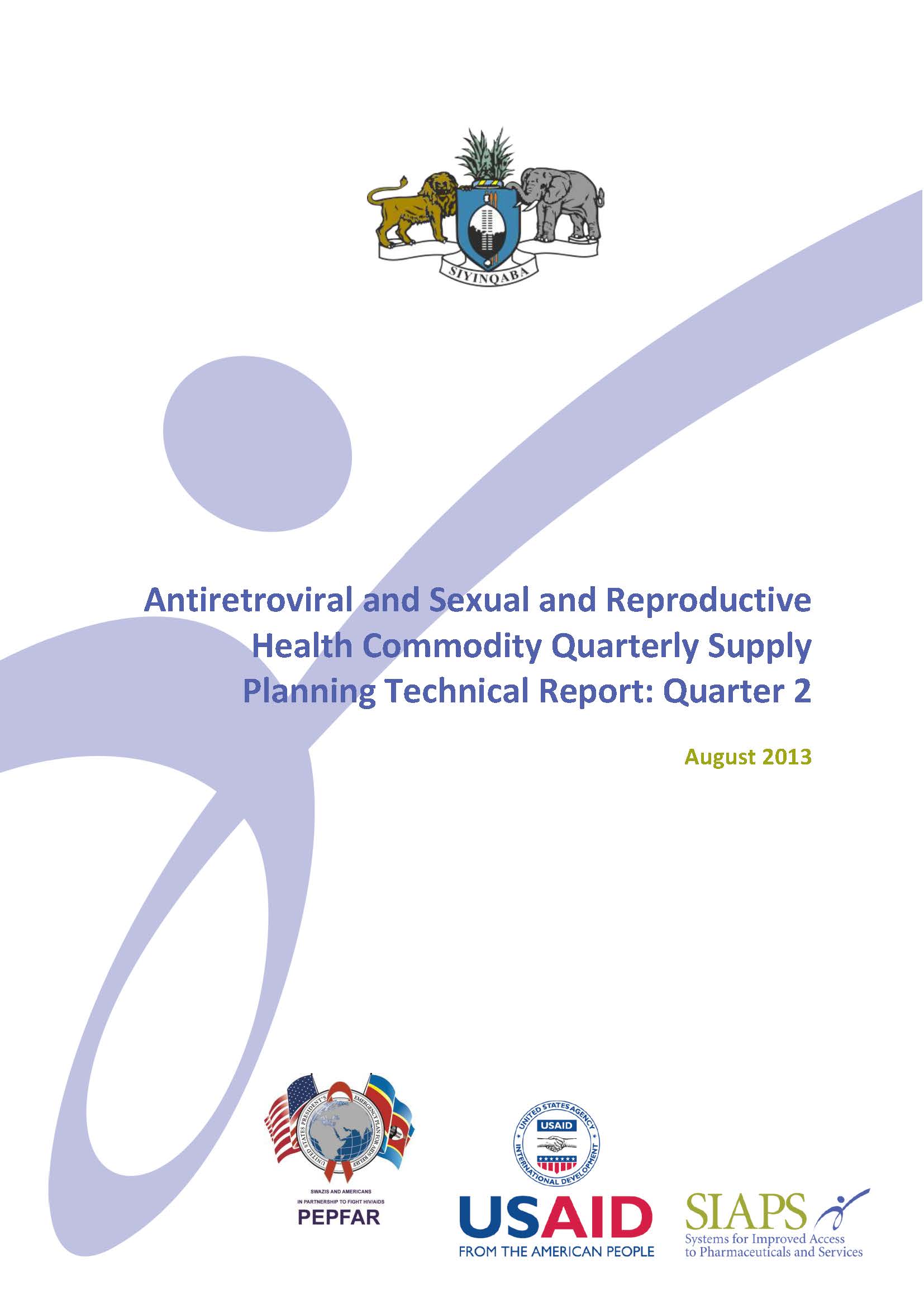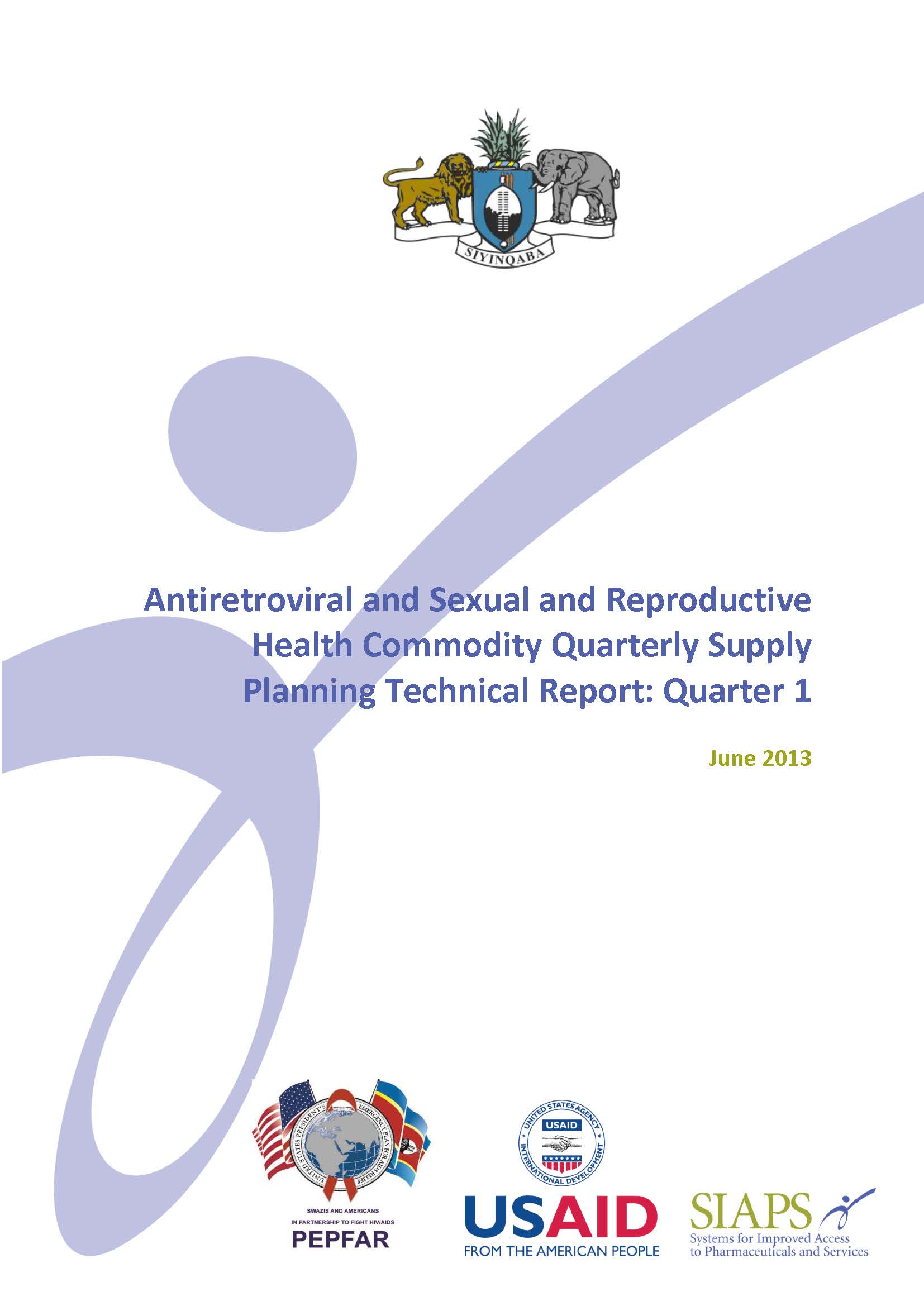Until recently, sporadic stock-outs of contraceptives at service delivery points (SDPs) under the Directorate General of Family Planning (DGFP) were a challenge in Bangladesh. These stock-outs were caused by a lack of accurate and real-time logistics data from the SDPs, limited access to data, and poor feedback mechanisms. This situation increased the risk of unwanted pregnancies … Read more
Archive stock
OSPSANTE: A New Tool for Tracking Health Commodities in Mali
In Mali, major weaknesses in the pharmaceutical sector include the lack of availability of regular, reliable pharmaceutical management information for decision-making and an inadequate and fragmented logistics system that fails to take the community level into account when planning for inventory management. As a result, stock-outs of lifesaving commodities are frequent at all health service delivery … Read more
Antiretroviral and Sexual and Reproductive Health Commodity Quarterly Supply Planning Technical Report: Quarter 2

Each year, the Swaziland Ministry of Health’s Central Medical Store (CMS) conducts a one-year quantification exercise to budget for HIV commodities. In 2012/2013, using supply planning software developed by the United States Agency of International Development (USAID)-funded Systems for Improved Access to Pharmaceuticals and Services (SIAPS), the Ministry was able to save $US 6.1 million by avoiding … Read more
Antiretroviral and Sexual and Reproductive Health Commodity Quarterly Supply Planning Technical Report: Quarter 1

Swaziland’s Central Medical Store worked with SIAPS to carry out a one-year quantification exercise for HIV commodities that informed quantities and budgets required for FY 2013 through FY 2014. SIAPS put into place a systematic process for supply planning using the Pipeline® Monitoring and Procurement Planning System (PipeLine), a software tool designed to help program managers monitor the status … Read more


